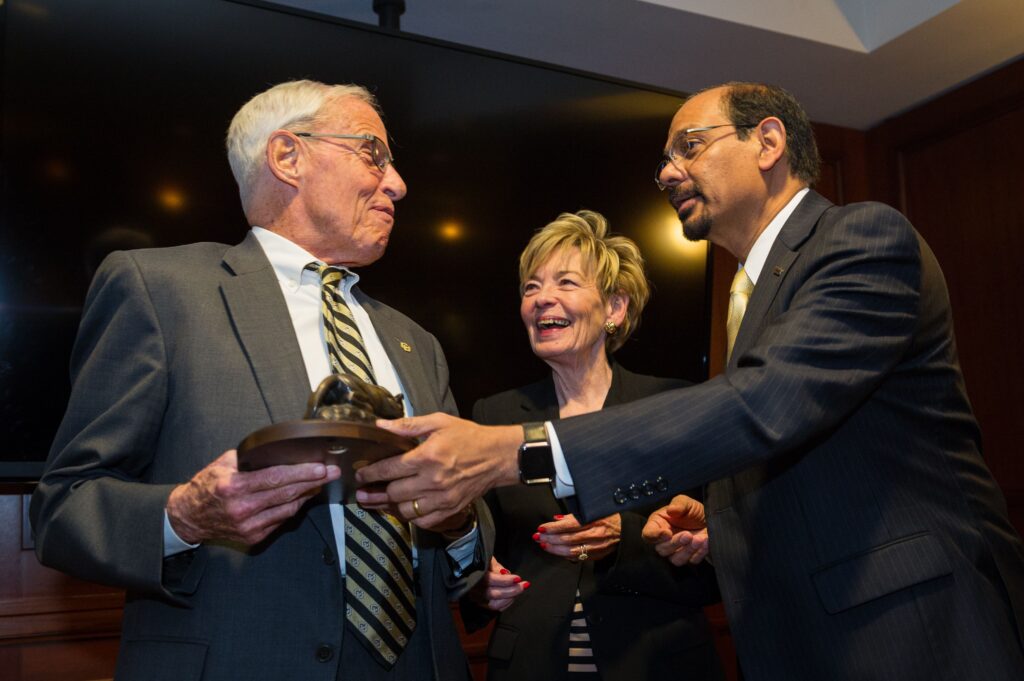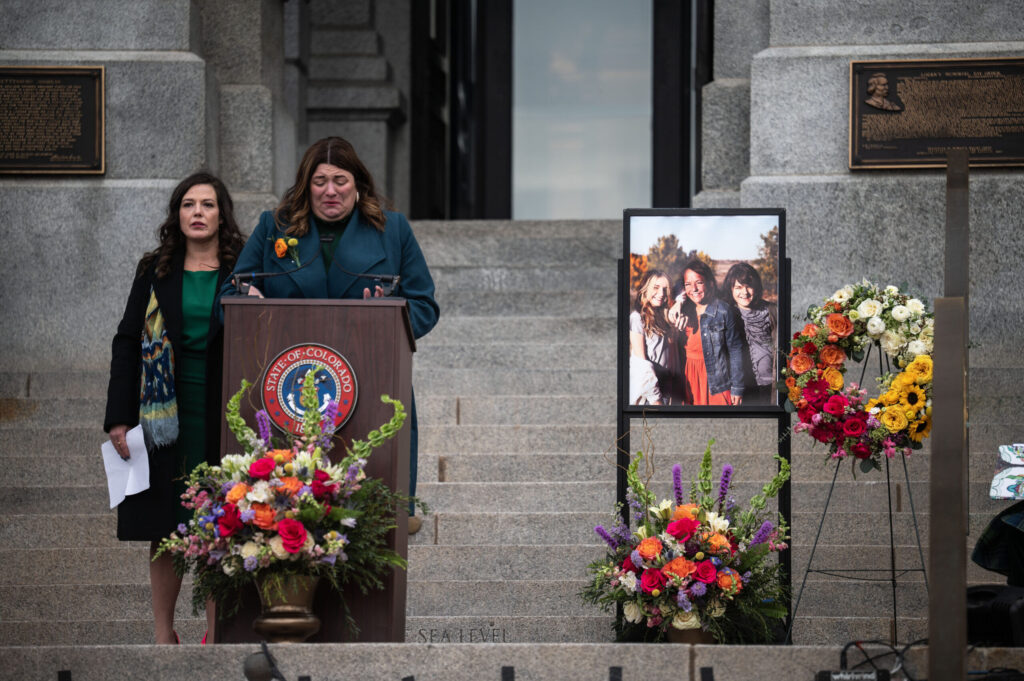A LOOK BACK | Dems group attacks ‘anti-republic’ reapportionment process

Sixty Years Ago This Week: Colorado’s General Assembly had been unable to draft a feasible solution to reapportionment, even after constant demands from the public that representation around the state be made more equitable.
Colorado Young Democrat Leader, Lowell Stephens, told The Colorado Democrat, “How can ‘all government originate with the people’ when a majority of the people are inequitably represented in the most numerous agency of government? How can government be ‘founded upon their will only’ when two-thirds of the people of Colorado are not allowed their proper weight in political terms.”
Stephens said that the problem of reapportionment should be the concern of every Democrat and pointed out that the Young Democrats had adopted a resolution the previous summer to “…affirm their belief … that the vote of one man should not count more than another. We feel also that the vast majority of Colorado citizens support this fundamental precept of republican government.”
Stephens argued that equal representation was only paid lip service in legislative debate, but only when both urban and rural areas were “… assured of a legislative voice that reflects their proper proportions within the populace” would the machinery of government function without “friction or dissension.”
Thirty-Five Years Ago: Republican U.S. Sen. Bill Armstrong co-sponsored a bill with Sen. Strom Thurmond, R-SC, to repeal the pay raise provision for members of Congress, and wrote to The Colorado Statesman to discuss his opposition to the measure currently in law.
Armstrong said that the most important points, which were often lost in the debate about pay raises, concerned the nature of the position and that Congressional pay could not be separated from the country’s major financial crisis.
“Public service work does not lend itself to salary comparisons with other occupations … People who run for Congress make a fundamental choice that they will devote a period of their life to public service,” Armstrong wrote. “An activity … that imposes a distinctly different set of priorities on one’s life.”
Armstrong said that while he sympathized with members who had college-age children and pressing financial concerns, he said that those were no different than any other family in the country or indeed any other citizen who’d chosen a public service career not expecting large financial rewards.
Furthermore, Armstrong said that it was Congress’s own failure to exert sufficient political will that the deficit and the national debt were spiraling out of control.
“When Members of Congress try to impose fiscal discipline on everyone but themselves, their position becomes one of political posturing and the credibility of the legislative branch is severely damaged,” Armstrong wrote. “Only Congress can correct the deficit problem and it is wrong for any Member to expect a pay raise in the face of failure to control spending.”
In other news, state Sen. Sally Hopper, R-Golden, said she was severely concerned by the level of federal government interference in state affairs and the erosion of the principle that states should govern their citizens according to their specific needs.
Hopper pointed to a recent court case in which South Dakota filed suit against the federal government over a 1984 federal law aimed at reducing teenage drunk driving. After refusing to raise the drinking age to 21, South Dakota had been stripped of 5% of its federal highway funding.
“The situation in South Dakota is no different from the situation right here in Colorado,” Hopper said. “Should the federal government be able to force states to pass certain state laws?”
Hopper said that most state officials felt that Colorado was being “blackmailed” by the federal government by also forcing Colorado to adopt the new auto safety belt law.
“Clearly the principle of state’s rights is being threatened,” Hopper said. “Regardless of whether states want these laws on their books, the choice should be made freely by the states, not by a mandate of the federal government.”
Rachael Wright is the author of the Captain Savva Mystery series, with degrees in Political Science and History from Colorado Mesa University, and is a contributing writer to Colorado Politics and The Gazette.














